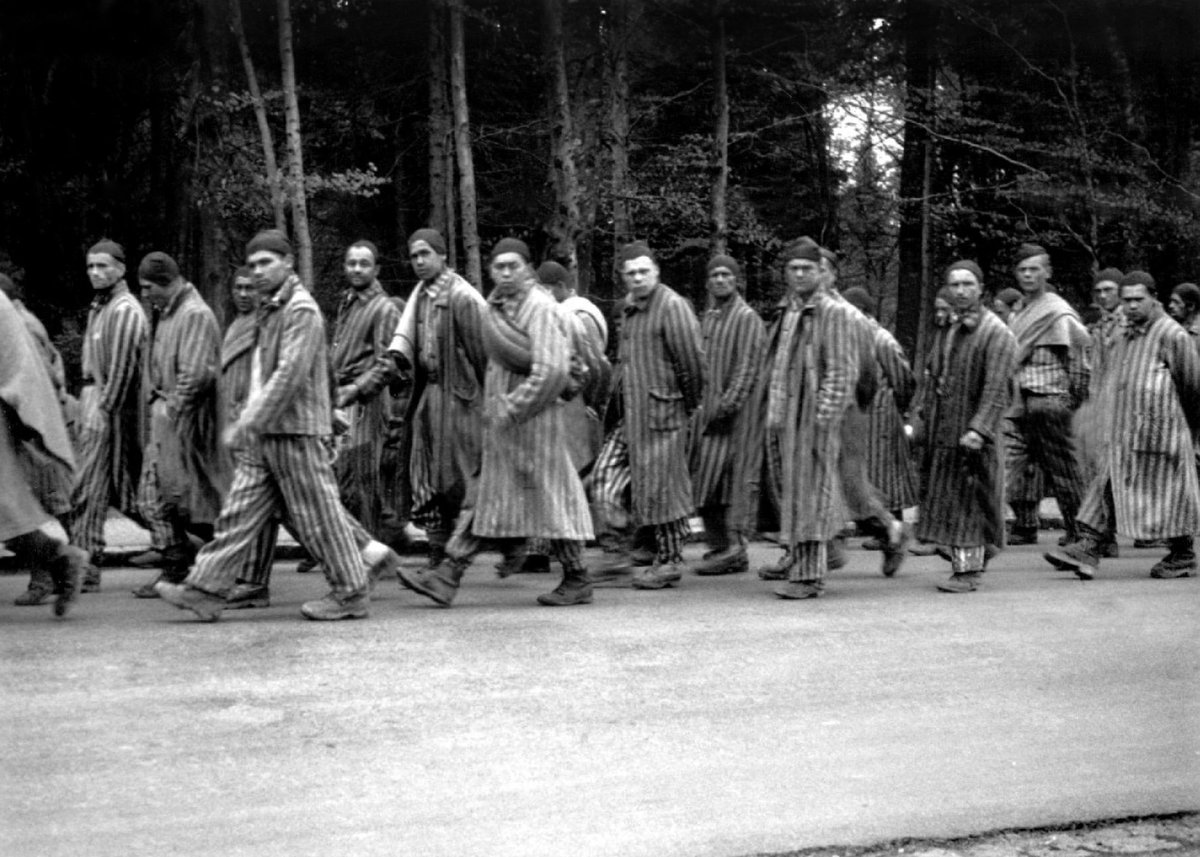I've thanked @Amy_Siskind in person and #onhere, but in light of her recent behavior, I've revisited some old tweets.
Her conversation on Apr 25 with @sarahkendzior has been cast in a stark new light.
The message that Amy was sending that night was a dangerous one.
Here's why.
Her conversation on Apr 25 with @sarahkendzior has been cast in a stark new light.
The message that Amy was sending that night was a dangerous one.
Here's why.
https://twitter.com/stephenablack/status/989332565013270528
The conversation went like this. Sarah talked about reality and a dark future. Amy continuously responded with unfailing hope.
The message: we all have the power to change the course of our nation every day.
She painted herself as an exhausted yet somehow tireless change agent.
The message: we all have the power to change the course of our nation every day.
She painted herself as an exhausted yet somehow tireless change agent.
Sarah pumped the brakes, speaking of ways the administration is taking away our power and keeping it from the already disenfranchised. She reminded us constantly that this predates Trump.
So why is Amy's message dangerous? Isn't it great to be hopeful and forward-looking?
So why is Amy's message dangerous? Isn't it great to be hopeful and forward-looking?
To a degree.
Amy's obsession on documenting the daily reality of the Trump era—an idea taken from Sarah btw—has obliterated some very real connections w our deeply flawed country, pre-Trump.
It starts history on Nov 8, 2016.
Like Amy's longtime refusal to reckon with her past.
Amy's obsession on documenting the daily reality of the Trump era—an idea taken from Sarah btw—has obliterated some very real connections w our deeply flawed country, pre-Trump.
It starts history on Nov 8, 2016.
Like Amy's longtime refusal to reckon with her past.
The insidious effect of Amy's 'The World is Burning But Follow Me and We'll Be Fine' message is this:
It sells product.
It buys people into her brand: a book, a blog, a podcast.
As someone who didn't know of her before the election, I was on board. I wanted hope.
It sells product.
It buys people into her brand: a book, a blog, a podcast.
As someone who didn't know of her before the election, I was on board. I wanted hope.
Do I think Amy is doing all this for money? Nope. She seems to have plenty of that.
Prestige. Ego. Followers.
Those are what she values. How do I know? If she were truly invested in lasting social change, she would have apologized to @AngryBlackLady & @dianelyssa by now.
Prestige. Ego. Followers.
Those are what she values. How do I know? If she were truly invested in lasting social change, she would have apologized to @AngryBlackLady & @dianelyssa by now.
Instead, she digs herself deeper while trying to scrub her character clean.
She issued a terrible non-apology explanation of her past, where she first apologized to her fellow (white) "sister" for a retweet.
Instead of apologizing to the two black women she directly targeted.
She issued a terrible non-apology explanation of her past, where she first apologized to her fellow (white) "sister" for a retweet.
Instead of apologizing to the two black women she directly targeted.

Sidenote: "My Story..." Amy? Really?
That's the title you choose for your autobiographical piece that paints you both as hero and victim?
Jew to Jew, it immediately brought to mind another famous, erm, struggle. It's not a good look for us to be echoing the Führer, Amy.
That's the title you choose for your autobiographical piece that paints you both as hero and victim?
Jew to Jew, it immediately brought to mind another famous, erm, struggle. It's not a good look for us to be echoing the Führer, Amy.
So yeah, @Amy_Siskind. This is goodbye.
I’m grateful at least that we got to see who you really are. I’m sad that you sought to harm some truly wonderful people.
I will keep resisting, just not beside those who prioritize personal prestige over intersectionality.
I’m grateful at least that we got to see who you really are. I’m sad that you sought to harm some truly wonderful people.
I will keep resisting, just not beside those who prioritize personal prestige over intersectionality.

• • •
Missing some Tweet in this thread? You can try to
force a refresh









